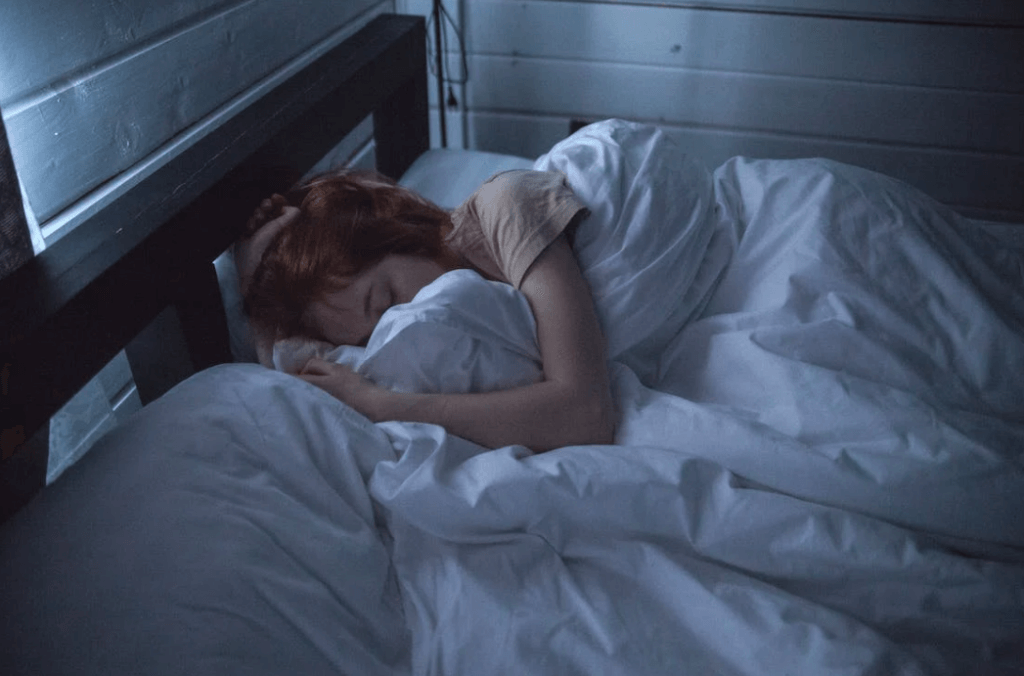Millions of individuals worldwide suffer from the highly crippling headache known as a migraine. A migraine typically presents on one side of the head, frequently causing throbbing pain and accompanying symptoms like nausea, sensitivity to light and sound, and vision abnormalities. Migraine affects people’s ability to work, study, or enjoy daily activities. Yet, several lifestyle changes for migraines can help treat and lessen their frequency and intensity. Below are some migraine management technique tips and the mechanisms behind them.
Identify and control potential triggers
One of the most powerful strategies is identifying potential triggers that may trigger a migraine episode. Triggers may include stress, particular foods, hormone changes, sleep difficulties, and environmental elements like bright lights or strong odours can all operate as triggers. The best way to achieve this is by documenting your symptoms in a headache journal to find any triggers that might be causing your migraines.

Adapt a Healthy Sleep Schedule
Having regular and adequate sleep can help with migraine symptoms. Evidence from studies reveals a direct link between sleep disorders and migraines. Particularly, irregular sleep patterns or sleep disruptions like insomnia are frequently implicated as potential migraine causes.
Several physiological processes have been proposed to explain how sleep can reduce the frequency of migraine attacks. For example, the circadian rhythm is an internal biological clock that controls numerous physiological processes, including sleep and wake cycles, hormone synthesis, and immune function. Sleep aids in the regulation of the circadian rhythm. Circadian rhythm disturbances like jet lag or shift work can bring on migraines. You can regulate your circadian rhythm by getting regular, adequate sleep, which may lessen the frequency of migraine attacks.
Healthy sleep also aids in reducing inflammation, which is thought to contribute to the onset of migraines. The body creates anti-inflammatory cytokines when you sleep that help to lessen inflammation. A good balance of these cytokines can be maintained by getting enough sleep, which helps reduce the frequency of migraine attacks. Finally, sleep can boost energy levels as migraines can be mentally and physically draining, so getting adequate sleep is crucial for regaining energy. When well-rested, the body may be better able to handle the physical and emotional stresses that can cause migraines.
Stress reduction for migraines
Stress is a frequent migraine trigger, and sleep is crucial in controlling the body’s stress response. Cortisol and melatonin are chemicals the body creates as you sleep to relieve relaxation and stress. By lowering stress levels, getting adequate sleep can lessen the frequency of migraine attacks.
Stress can stimulate the release of neurotransmitters and hormones that can cause migraines by activating the sympathetic nervous system. Stress can also exacerbate existing muscle tension, resulting in tension headaches and migraines. Stress can affect how people perceive pain and make them more sensitive to it, including the discomfort associated with migraines.
Tips for helping you manage stress.
- Positive thinking, distract yourself from negative thoughts by thinking about something else in your life that is positive.
- Enjoy small amounts of vitamin D out in the sun daily.
- Regular low level of exercise walking, running, cycling or resistance training.
- Ensure you get regular sleep that is good quality.
- Practice breathing techniques and mindfulness

Exercise Consistently
Exercise is a non-pharmacological therapeutic option for easing migraine symptoms. Frequent exercise can help migraine sufferers experience fewer and milder attacks. On most days of the week, try to get at least 30 minutes of moderate exercise, such as walking, cycling, or swimming.
Physical movement can also assist those who suffer from migraines caused by stress to feel less anxious and more relaxed. Frequent exercise helps enhance cardiovascular health, which can help lessen the frequency and intensity of migraine attacks. Endorphins are the body’s natural painkillers, and exercise can increase production. These endorphins can reduce how painful a migraine is. Exercise can also assist in regulating hormones like cortisol and adrenaline, which can rise during stressful situations and lead to migraines.
Check Your Intake of Food and Alcohol
Tyramine is a naturally occurring amino acid found in various foods, including aged cheese, fermented foods, cured meats, wine, beer and several fruits. Tyramine-rich meals can set off a migraine attack in particular people who suffer from migraines. Tyramine is known to cause migraines by several mechanisms, including altered blood flow and the release of specific neurotransmitters in the brain. Start by documenting which foods and drinks trigger your migraine and slowly wean off them.
In conclusion, a mix of dietary adjustments, stress management measures, and adequate sleep treats migraines. You can lessen the frequency and intensity of your migraines and enhance your quality of life by recognising your triggers, using relaxation techniques, keeping a regular sleep pattern, staying hydrated, exercising frequently, taking medicine as directed, and not skipping meals. You should discuss treatment options with your doctor or headache consultant if you suffer from frequent or severe migraines.








